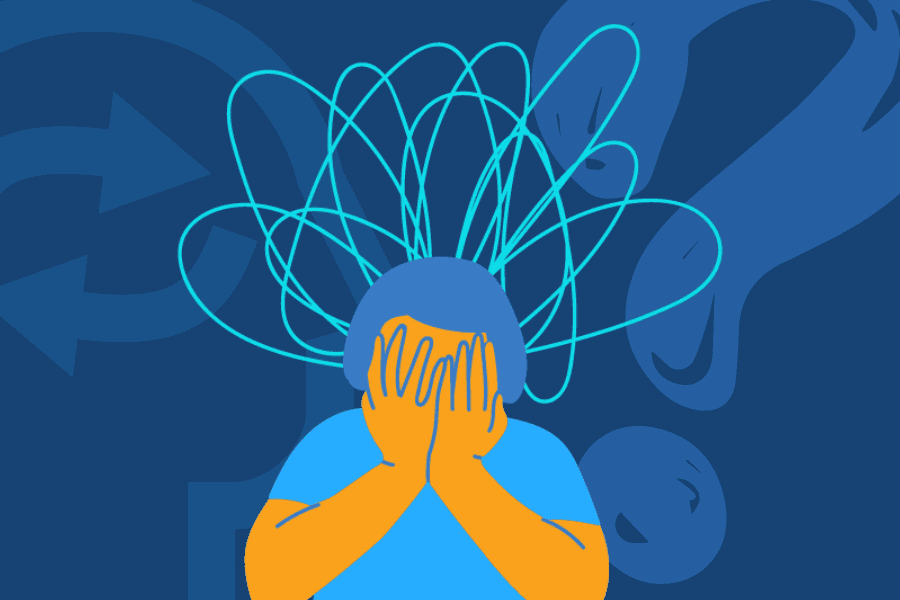Living with ADHD and anxiety can be challenging, but with the right strategies and mindset, it is possible to lead a fulfilling and successful life as an adult. The key lies in finding a delicate balance that allows you to harness the unique strengths that often accompany these conditions while managing their associated challenges. One of the first steps to living well with ADHD and anxiety is self-acceptance. Embracing your neurodiversity and understanding that your brain works differently can be liberating. Instead of viewing ADHD and anxiety as limitations, consider them as aspects of your identity that bring creativity, hyperfocus, and heightened empathy. Recognizing these strengths can boost self-esteem and resilience. Time management is essential when dealing with ADHD. Using tools like to-do lists, calendars, and alarms can help you stay organized and on track. Prioritizing tasks and breaking them down into manageable chunks can prevent feeling overwhelmed. It is also crucial to create a structured daily routine, including designated work and relaxation times, to maintain focus and reduce anxiety.

Mindfulness and relaxation techniques can be powerful allies in managing anxiety. Deep breathing exercises, meditation, and yoga can help calm racing thoughts and reduce the physical symptoms of anxiety. Regular exercise is another effective way to release pent-up energy and improve mood, as it stimulates the production of endorphins, the body’s natural stress relievers. Seeking professional help is a vital part of living well treatment for adhd adults and anxiety. A therapist or counselor can provide coping strategies and teach valuable skills, such as cognitive-behavioral techniques, to manage anxiety. Medication may also be an option, prescribed by a psychiatrist, to help manage symptoms of ADHD or anxiety. Building a support system is equally important. Share your challenges and triumphs with friends and family who understand and support you. Joining support groups or online communities can connect you with people who face similar struggles, offering a sense of belonging and valuable advice.
Maintaining a healthy lifestyle is key to managing ADHD and anxiety. A balanced diet, adequate sleep, and minimizing caffeine and sugar intake can help stabilize mood and improve focus. Reducing distractions in your environment, such as clutter or excessive noise, can also enhance your ability to concentrate. Finally, embrace the power of self-compassion. Understand that there will be days when ADHD symptoms flare up or anxiety feels overwhelming. It is okay to take breaks and practice self-care without feeling guilty. Remember that progress is a journey, and setbacks are part of the process. In conclusion, living well with ADHD and anxiety as adults require a delicate balance of self-acceptance, time management, self-care, professional support, and a strong support network. By harnessing the strengths that come with these conditions and implementing effective strategies, it is possible to lead a fulfilling life while managing the challenges. Embrace your uniqueness and remember that you have the power to create a balanced and rewarding life despite ADHD and anxiety.